Obras Escogidas De Juan Crisos – (Spanish)
$17.99
Juan Crisostomo trata un tema polemico y espinoso: el llamamiento pastoral, para el cual -dice- muy pocos estan calificados. Crisostomo describe la Iglesia siguiendo con fidelidad absoluta a Pablo, pero llevandola a sus consecuencias mas pragmaticas: como un organismo viviente, del cual Cristo es la cabeza y los cristianos son los miembros.
Juan de Antioquia es mas conocido por su apodo Crisostomo. La lectura de sus escritos pone de manifiesto una trascendencia de profundo significado para el predicador actual. Desarrollo en la capital del Imperio una ardua batalla contra el fasto y el lujo, ademas de una intensa labor social y trato de impulsar una profunda reforma del clero.
in stock within 3-5 days of online purchase
SKU (ISBN): 9788494556166
ISBN10: 8494556169
Language: Spanish
Alfonso Ropero
Binding: Trade Paper
Published: June 2018
Coleccion Patristica
Publisher: Editorial Vida
Print On Demand Product
Related products
-
Misreading Scripture With Western Eyes
$18.00Introduction: Coming To Terms With Our Cultural Blinders
Part One: Above The Surface
1. Serving Two Masters: Mores
2. The Bible In Color: Race And Ethnicity
3. Just Words? LanguagePart Two: Just Below The Surface
4. Captain Of My Soul: Individualism And Collectivism
5. Have You No Shame? Honor/Shame And Right/Wrong
6. Sand Through The Hourglass: TimePart Three: Deep Below The Surface
7. First Things First: Rules And Relationships
8. Getting Right Wrong: Virtue And Vice
9. Its All About Me: Finding The Center Of Gods WillConclusion: Three Easy Steps For Removing Our Cultural Blinders?
Acknowledgments
Resources For Further Exploration
NotesAdditional Info
What was clear to the original readers of Scripture is not always clear to us. Because of the cultural distance between the biblical world and our contemporary setting, we often bring modern Western biases to the text. For example: When Western readers hear Paul exhorting women to “dress modestly,” we automatically think in terms of sexual modesty. But most women in that culture would never wear racy clothing. The context suggests that Paul is likely more concerned about economic modesty–that Christian women not flaunt their wealth through expensive clothes, braided hair and gold jewelry.Some readers might assume that Moses married “below himself” because his wife was a dark-skinned Cushite. Actually, Hebrews were the slave race, not the Cushites, who were highly respected. Aaron and Miriam probably thought Moses was being presumptuous by marrying “above himself.”Western individualism leads us to assume that Mary and Joseph traveled alone to Bethlehem. What went without saying was that they were likely accompanied by a large entourage of extended family. Biblical scholars Brandon O’Brien and Randy Richards shed light on the ways that Western readers often misunderstand the cultural dynamics of the Bible. They identify nine key areas where modern Westerners have significantly different assumptions about what might be going on in a text. Drawing on their own crosscultural experience in global mission, O’Brien and Richards show how better self-awareness and understanding of cultural differences in language, time and social mores allow us to see the Bible in fresh and unexpected ways. Getting beyond our own cultural assumptions is increasingly important for being Christians in our interconnected and globalized world. Learn to read Scripture as a member of the global body of Christ.Add to cart1 in stock (additional units can be purchased)
-
40 Questions About Heaven And Hell
$25.99Biblical answers to the most frequently asked questions about the afterlife! In 40 Questions About Heaven and Hell, Alan Gomes surveys the Old and New Testaments to paint a comprehensive picture of the afterlife. The question-and-answer format makes it easy to find answers to specific questions on heaven, hell, the intermediate state, the final judgment, and life in eternity. Readers will find solid answers to many vital questions:
* What should we conclude about those who claim to have seen heaven or hell?
* Is it possible for us to communicate with the dead?
* Is there such a place as purgatory?
* What will our resurrected bodies be like?
* What will we do in the eternal state?
* Will there be animals in the eternal state?
* What is hell like?
* How can a God of love send people to an eternal hell?
* Did Jesus “descend into hell” like the Apostles’ Creed says?Study notes point to additional resources for learning, and reflection questions at the end of each chapter make the book ideal for small group studies.
Add to cart1 in stock
-
40 Questions About Arminianism
$27.99The actual life and teaching of Jacobus Arminius are often unknown or misunderstood across many Protestant traditions. Answers beyond a basic caricature can be elusive. What are the essential historical backgrounds of Arminianism, and what theological teachings connect to the Arminian point of view? Mixing solid historical research with biblical and doctrinal precision, Baptist scholar J. Matthew Pinson clarifies the foundations of this influential tradition.
40 Questions About Arminianism addresses the following questions and more:
*Who was Jacobus Arminius?
*How has the church interpreted God’s desire that everyone be saved?
*How is Arminianism different from Calvinism?
*Can one be both Reformed and Arminian?
*What is “universal enabling grace”?
*What do Arminians mean by “free will”?
*Do Arminians believe that God predestines individuals to salvation?
*Is it possible for a Christian to apostatize?An accessible question-and-answer format helps readers pursue the issues that interest them most and encourages a broad understanding of historic and contemporary Arminianism, with additional resources available at 40questions.net.
Add to cart1 in stock
-
Political Disciple : A Theology Of Public Life
$11.99What might it mean for public and political life to be understood as an important dimension of following Jesus? As a part of Zondervan’s Ordinary Theology series, Vincent E. Bacote’s The Political Disciple addresses this question by considering not only whether Christians have (or need) permission to engage the public square, but also what it means to reflect Christlikeness in our public practice, as well as what to make of the typically slow rate of social change and the tension between relative allegiance to a nation and/or a political party and ultimate allegiance to Christ. Pastors, laypeople, and college students will find this concise volume a handy primer on Christianity and public life.
Add to cart2 in stock

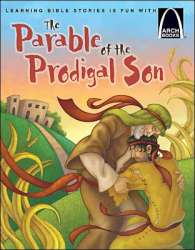

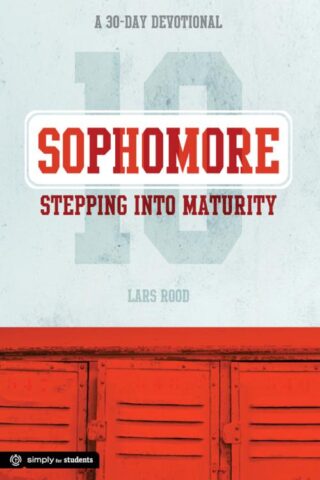

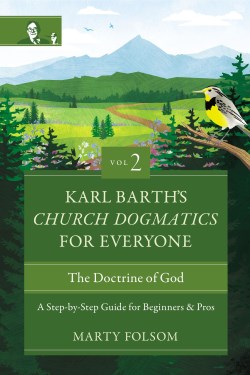
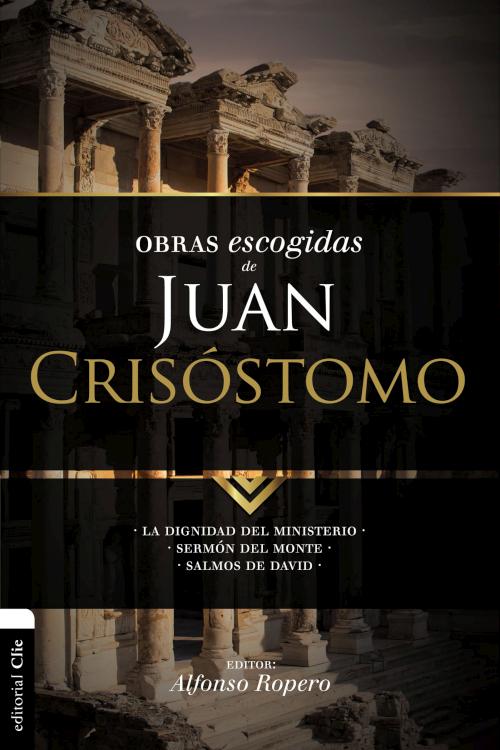
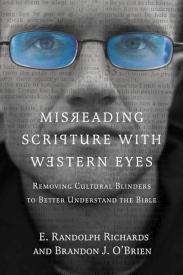
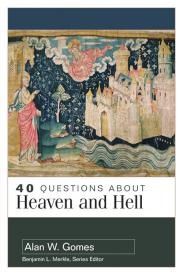
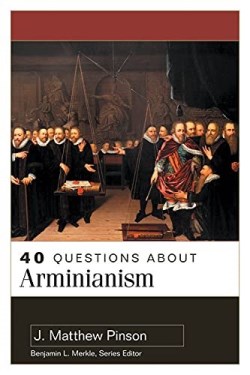
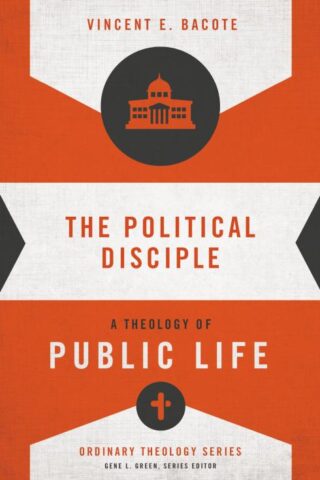

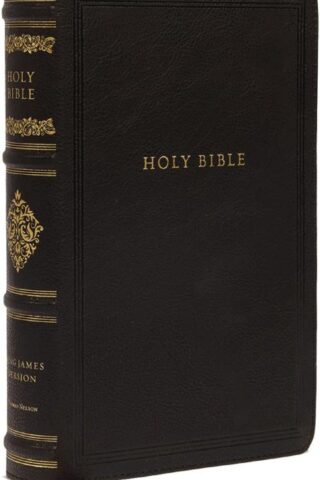

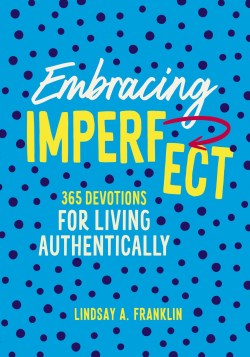
Reviews
There are no reviews yet.